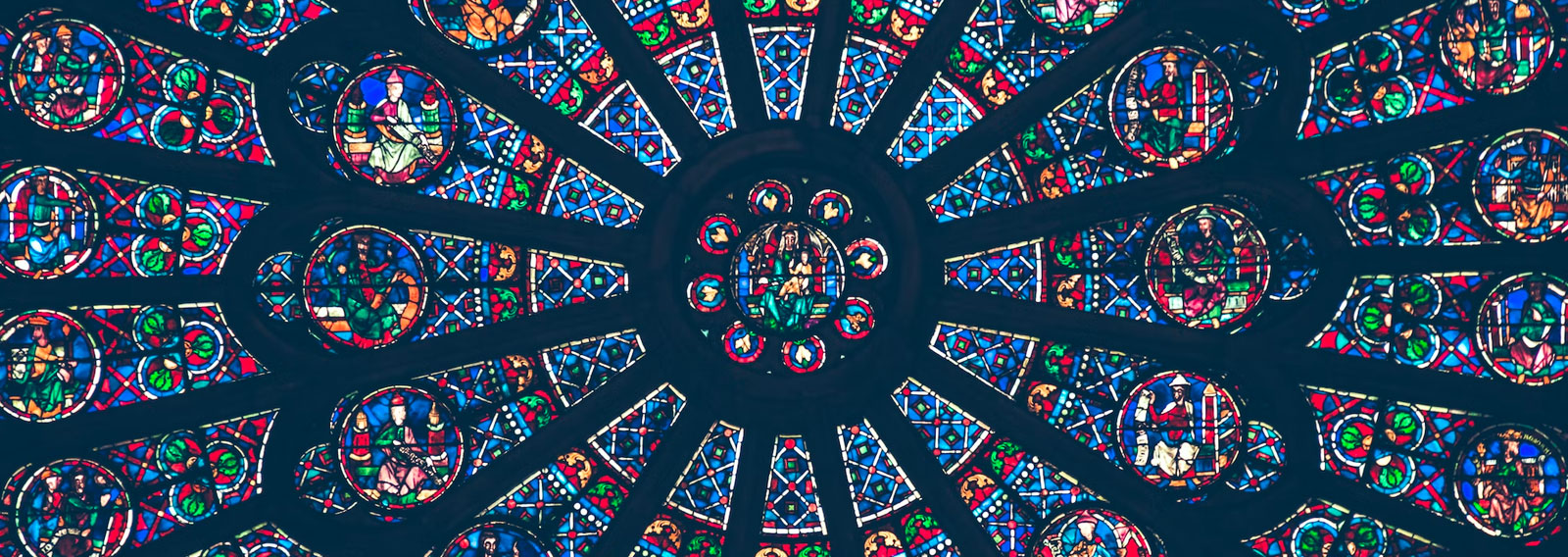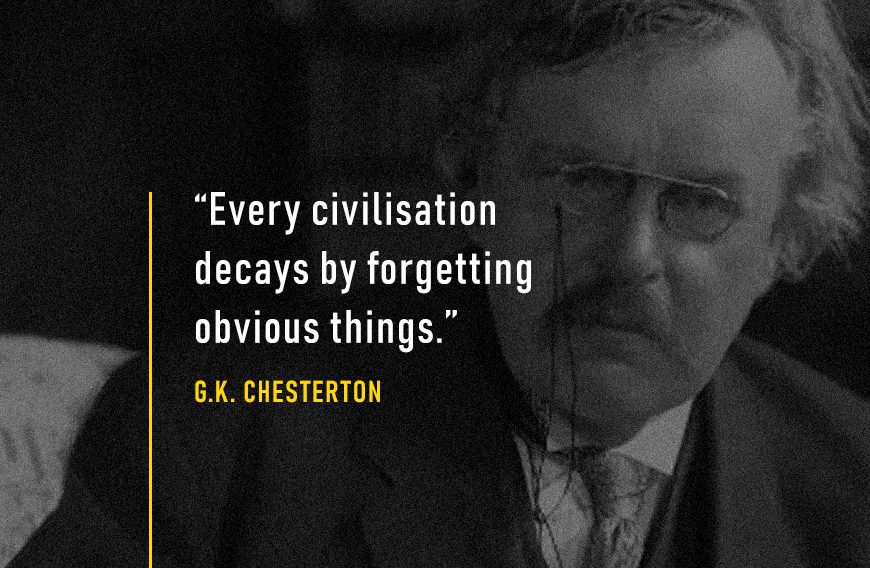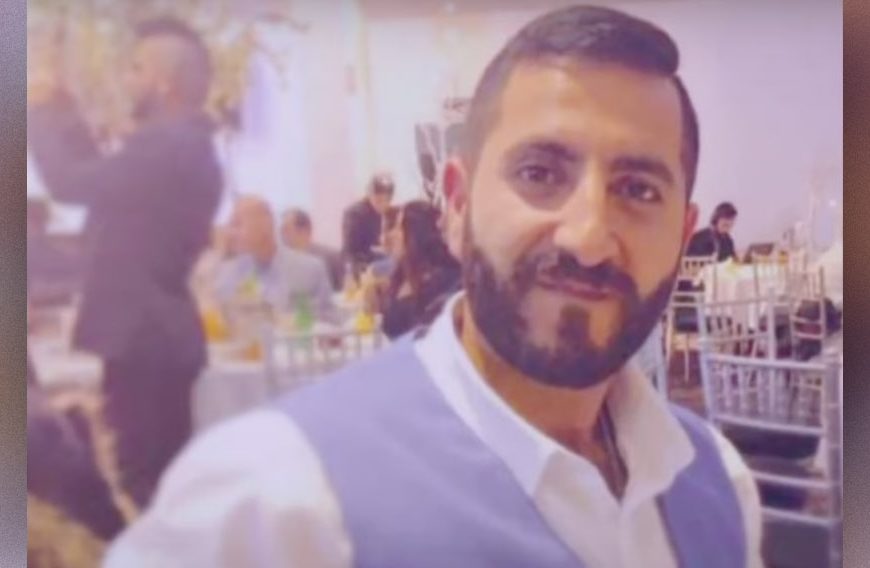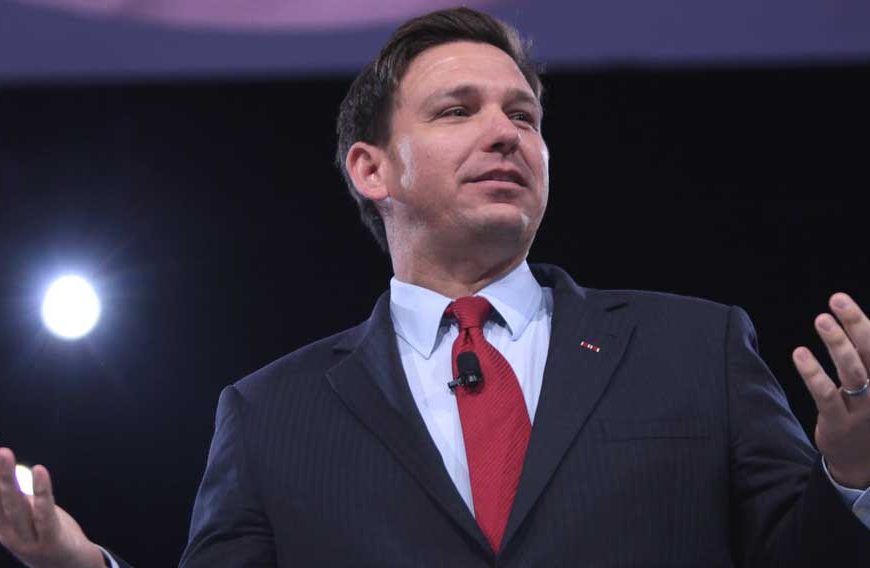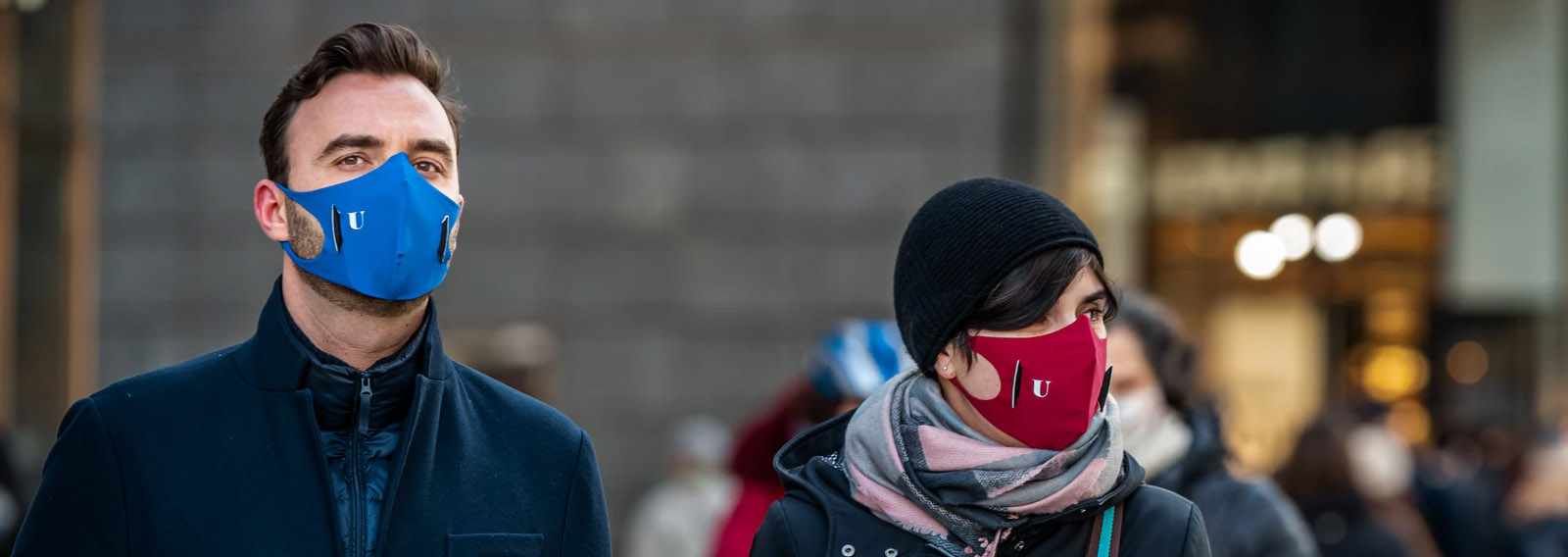To many Protestant Christians, the 31st of October is not Halloween, it is Reformation Day. The anniversary of the day Martin Luther kicked off the Reformation in Northern Europe by nailing the 95 theses to the Castle Church door in Wittenburg. The day that the Church, and Europe, changed forever.
Reformation day is generally celebrated, in my circles, by those of a more Calvinist Reformed persuasion, though not exclusively. It is common to hear the more informed Christian set it against the “pagan” holiday of Halloween. On Reformation Day Preachers generally remind people of the core tenets and some of the history of the Reformation and celebrate the bold stand of those Protestants who spoke out in protest against the corruption and coercion of the Late Medieval Church, and how they sought to reform the Church. This is a history every Protestant should be well versed in. We should celebrate Reformation Day.
But there is a much more ancient Christian festival associated with October 31st, and that is Halloween, as the Online Etymology Dictionary informs us:
“Halloween (n.)
also Hallow-e’en, Hallow e’en, “last night of October (the eve of All Saints Day) as a popular holiday,” 1781, in a Scottish context, a Scottish shortening of Allhallowe’en, All Hallows even, etc., 1550s, “the evening before All-Hallows.” This is from otherwise-obsolete hallow (n.), in Middle English halwe, “holy person, saint,” from Old English halga, which is from the source of hallow (v.). Also see even (n.), and compare hallows.”
Those who are familiar with their good old King James Bible, will recognize the word ‘hallow’:
“9 After this manner, therefore, pray ye: Our Father which art in heaven, Hallowed be thy name.10 Thy kingdom come, Thy will be done in earth, as it is in heaven” (Matt. 6:9-10).
There is nothing evil or sinister about the word Halloween, it simply means Hallowed Eve or the night before All Saints Say. Of course, the night has changed in the eyes of many, but we’ll come back to that. So, what is all saints day?
Wikipedia helps us here:
In the Western Christian practice, the liturgical celebration begins at Vespers on the evening of 31 October, All Hallows’ Eve (All Saints’ Eve), and ends at the close of 1 November. It is thus the day before All Souls’ Day, which commemorates the faithful departed. In many traditions, All Saints’ Day is part of the season of Allhallowtide, which includes the three days from 31 October to 2 November inclusive, and in some denominations, such as Anglicanism, extends to Remembrance Sunday. In places where All Saints’ Day is observed as a public holiday but All Souls’ Day is not, cemetery and grave rituals such as offerings of flowers, candles and prayers or blessings for the graves of loved ones often take place on All Saints Day. In Austria and Germany, godparents gift their godchildren Allerheiligenstriezel (All Saint’s Braid) on All Saint’s Day, while the practice of souling remains popular in Portugal. It is a national holiday in many Christian countries.
The Christian celebration of All Saints’ Day and All Souls’ Day stems from a belief that there is a powerful spiritual bond between those in heaven (the “Church triumphant”), and the living (the “Church militant”). In Catholic theology, the day commemorates all those who have attained the beatific vision in Heaven. In Methodist theology, All Saints Day revolves around “giving God solemn thanks for the lives and deaths of his saints”, including those who are “famous or obscure”. As such, individuals throughout the Church Universal are honoured, such as Paul the Apostle, Augustine of Hippo and John Wesley, in addition to individuals who have personally led one to faith in Jesus, such as one’s grandmother or friend…
As Protestants, we don’t venerate the Saints as Catholics do. But we certainly celebrate the dead in Christ who have come before us. Indeed, Reformation Day, in a real sense, serves to do this, it reminds us of the heroes of the faith and the ordinary believers who opposed the corruption in the church of that era. Does this not help enhance this traditional Christian holiday (I know my Catholic readers will disagree), after all, we are remembering believers who stood up for the authority of scripture and paved the way forward for us who believe to worship as we do today.
But more importantly, remembering the dead in Christ that come before us, and the victory they achieved, is thoroughly biblical:
“And what more shall I say? For time would fail me to tell of Gideon, Barak, Samson, Jephthah, of David and Samuel and the prophets— 33 who through faith conquered kingdoms, enforced justice, obtained promises, stopped the mouths of lions, 34 quenched the power of fire, escaped the edge of the sword, were made strong out of weakness, became mighty in war, put foreign armies to flight. 35 Women received back their dead by resurrection. Some were tortured, refusing to accept release, so that they might rise again to a better life. 36 Others suffered mocking and flogging, and even chains and imprisonment. 37 They were stoned, they were sawn in two, they were killed with the sword. They went about in skins of sheep and goats, destitute, afflicted, mistreated— 38 of whom the world was not worthy—wandering about in deserts and mountains, and in dens and caves of the earth.
39 And all these, though commended through their faith, did not receive what was promised, 40 since God had provided something better for us, that apart from us they should not be made perfect.
12:1 Therefore, since we are surrounded by so great a cloud of witnesses, let us also lay aside every weight, and sin which clings so closely, and let us run with endurance the race that is set before us, 2 looking to Jesus, the founder and perfecter of our faith, who for the joy that was set before him endured the cross, despising the shame, and is seated at the right hand of the throne of God.”
Heb. 11:32-12:2
The Hall of Faith in Hebrews 11 is a Testament to the saints*, that is believers, who have gone before us. To remember their faithfulness, their witness, and their sacrifice is an important way to inspire us to be overcomers as well. “‘I know where you dwell, where Satan’s throne is. Yet you hold fast my name, and you did not deny my faith even in the days of Antipas my faithful witness, who was killed among you, where Satan dwells” (Rev. 2:13). Remembering the believers who came before us, helps us to endure the hard times better and remember the easy times can fade at any moment. It helps us to have an eternal focus for our lives.
There are those who try to link Halloween to pagan rituals and celebrations, such as Celtic festival of Samhain. But scholars debate over whether the dates of the Celtic festival, November 1st, influenced the Germanic peoples of Europe or whether the Germanic celebration of All Saints influenced the date for Christian Celts. It is unclear historically, and it is also irrelevant because for Christians All Saints Day was about remembering how Christ gives victory to his people over this world:
Pope Gregory III (731–741) dedicated an oratory in Old St. Peter’s Basilica to the relics “of the holy apostles and of all saints, martyrs and confessors, of all the just made perfect who are at rest throughout the world”. Some sources say Gregory III dedicated the oratory on 1 November, and this is why the date became All Saints’ Day. Other sources say Gregory III held a synod to condemn iconoclasm on 1 November 731, but dedicated the All Saints oratory on Palm Sunday, 12 April 732.
By 800, there is evidence that churches in Ireland, Northumbria (England) and Bavaria (Germany) were holding a feast commemorating all saints on 1 November. Some manuscripts of the Irish Martyrology of Tallaght and Martyrology of Óengus, which date to this time, have a commemoration of all saints of the world on 1 November. In the late 790s, Alcuin of Northumbria recommended holding the feast on 1 November to his friend, Arno of Salzburg in Bavaria. Alcuin then used his influence with Charlemagne to introduce the Irish-Northumbrian Feast of All Saints to the Frankish Kingdom.
So, whether or not the Church replaced a pagan holiday with a Christian one is really not the issue. This happened often in Christian history because it is far easier to convert pagans if you don’t cancel all their holidays, but simply redirect their worship to the true and only God. There is no sinister secret history here, or a gotcha from some atheist apologist, it is just a wise and well-established evangelism practice. The Christians on these holidays were celebrating the very thing Hebrews 11 and other Scriptural passages celebrate; “all the just made perfect who are at rest throughout the world.” They were celebrating the victory that God’s people, even those killed for their faith, have in Christ. We are made perfect in him, and because he overcame the world, so have we.
And it’s not just Catholics who set aside this day to remember that the dead in Christ truly live in victory:
Protestant observances: The festival was retained after the Reformation in the liturgical calendars of the Lutheran Churches and the Anglican Church. In the Lutheran churches, such as the Church of Sweden, it assumes a role of general commemoration of the dead. In the Swedish calendar, the observance takes place on the Saturday between 31 October and 6 November. In many Lutheran Churches, it is moved to the first Sunday of November. In the Church of England, mother church of the Anglican Communion, it is a Principal Feast and may be celebrated either on 1 November or on the Sunday between 30 October and 5 November. It is also celebrated by other Protestants, such as the United Church of Canada and various Methodist connexions.
Protestants generally commemorate all Christians, living and deceased, on All Saints’ Day; if they observe All Saints Day at all, they use it to remember all Christians both past and present. In the United Methodist Church, All Saints’ Day is celebrated on the first Sunday in November. It is held, not only to remember Saints, but also to remember all those who have died who were members of the local church congregation. In some congregations, a candle is lit by the Acolyte as each person’s name is called out by the clergy. Prayers and responsive readings may accompany the event. Often, the names of those who have died in the past year are affixed to a memorial plaque.
In many Lutheran churches, All Saints’ Day is celebrated the Sunday after Reformation is celebrated (the date for Reformation is 31 October, so Reformation Sunday is celebrated on or before 31 October). In most congregations, the festival is marked as an occasion to remember the dead. The names of those who have died from the congregation within the last year are read during worship and a bell is tolled, a chime is played or a candle is lit for each name read. While the dead are solemnly remembered during worship on All Saints’ Sunday, the festival is ultimately a celebration of Christ’s victory over death.
In English-speaking countries, services often include the singing of the traditional hymn “For All the Saints” by Walsham How. The most familiar tune for this hymn is Sine Nomine by Ralph Vaughan Williams. Other hymns that are popularly sung during corporate worship on this day are “I Sing a Song of the Saints of God” and “Ye Watchers and Ye Holy Ones.”
I think the Lutheran Church has the right approach here, celebrate Reformation Day, and then All Saints Day the Sunday after. I like that idea, and I especially like the idea of remembering those who died in Christ in the last year. Because they are not dead, they are in victory. As I said at the end of a funeral a few weeks ago:
“I want to finish by saying this: the death of a Christian is a loss to us who mourn them. But it is also a victory. Because when a Christian passes from this life, they pass from the clutches of the devil completely, they are now out of the enemies’ reach. They have defeated sin, death and the devil, and remained victorious until the end. The Christian who has died is reaping the rewards of that victory, and we who believe will one day reap them with him.”
Remembering those who passed away, and the victory they had over this world, is a thoroughly good and Christian thing. And celebrating the death of all saints, that is all believers, all who have been made perfect in Christ, alongside the knowledge that they are now in the Church triumphant in heaven, is a good and important thing for us to do. In a sense, when Protestants celebrate Reformation Day, they are remembering the believers who came before them who made an important course correction in the history of the Church. It’s fitting that this celebration falls on the same day as All Hallows Eve.
Of course, Halloween is now known for being a night that witches are highly active, and is associated with great evil:
“Halloween Celebrations: Being the vigil of All Saints’ Day (All Hallows’ Day), in many countries, such as Ireland, the United Kingdom, the United States and Canada, Halloween is celebrated on 31 October. During the 20th century the observance largely became a secular one, although some traditional Christian groups have continued to embrace the Christian origins of Halloween whereas others have rejected such celebrations.”
Since I was a kid, I have always seen Halloween as an American thing, and I have resented how much American celebrations have started to take over in Australia. I grew up seeing it on American TV shows, where it was always about dressing up as horrific characters and doing trick or treating (we use the opportunity now to give gospel tracks with lollies to kids). I had no idea, growing up, about the Christian legacy of Halloween/All Saints Eve.
What has thoroughly happened to Halloween in Anglo-Saxon countries, is something we see happening with Christmas. Just as Halloween has been paganized, so is Christmas being paganized, right before our eyes. The way we see it celebrated today, is, to me, just another example of how our culture is forgetting its Christian roots and legacy. I, for one, like to idea of taking back from the pagans that which they have no right to have.
Maybe you don’t like the idea of reclaiming Halloween, to remember the dead in Christ who are now victorious. Maybe you recognize it as having a history in the Church, but see it as too Catholic to even bother with. But I find the idea of remembering those who came before us as powerful. The Scriptures want us to see ourselves as part of one Church, militant on earth, and triumphant in heaven. Alive in the flesh on earth, alive in the spirit in heaven:
After this I looked, and behold, a great multitude that no one could number, from every nation, from all tribes and peoples and languages, standing before the throne and before the Lamb, clothed in white robes, with palm branches in their hands, 10 and crying out with a loud voice, ‘Salvation belongs to our God who sits on the throne, and to the Lamb!’ 11 And all the angels were standing around the throne and around the elders and the four living creatures, and they fell on their faces before the throne and worshiped God, 12 saying, ‘Amen! Blessing and glory and wisdom and thanksgiving and honor and power and might be to our God forever and ever! Amen.’
Then one of the elders addressed me, saying, ‘Who are these, clothed in white robes, and from where have they come?’ 14 I said to him, ‘Sir, you know.’ And he said to me, ‘These are the ones coming out of the great tribulation. They have washed their robes and made them white in the blood of the Lamb.
‘Therefore they are before the throne of God, and serve him day and night in his temple; and he who sits on the throne will shelter them with his presence. 16 They shall hunger no more, neither thirst anymore; the sun shall not strike them, nor any scorching heat. 17 For the Lamb in the midst of the throne will be their shepherd, and he will guide them to springs of living water, and God will wipe away every tear from their eyes.’
Rev. 7:9-17
A day to celebrate this victory would be a fantastic thing for the Church and society. Of course, we have Sunday and we should celebrate it on Sundays regularly. But so should there be special holidays where this is the focus.
I won’t ever be able to think of Halloween as a pagan festival again. I will now forever see it as a Christian festival the Church lost to secularization. This has happened to many aspects of Church teaching and tradition, and both the Church and society lose something when this happens. All Saints Eve (Halloween) and All Saints Day are the results of the efforts of those who came before us to draw a connection between the Church of the past and the church of today, and we need this.
We need to remember that the dead in Christ are not dead. That the Church of the past made the Church of today possible. And, that Christ has made perfect all who believe in him, and that all saints, that is all who believe, will enjoy him in eternity, and because of this, many in the past were willing and able to look evil in the eye and say, “You can’t touch me, I have a better reward than anything this life can offer.”
*note I use saint here in its biblical sense of the believer, the sanctified in Christ.


